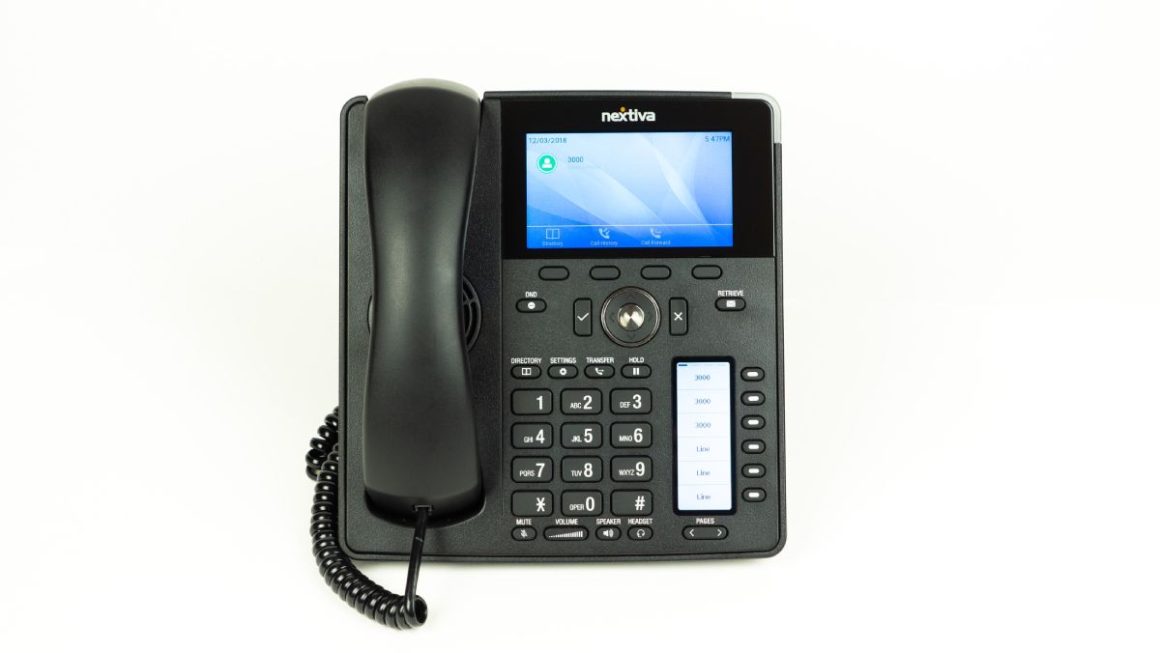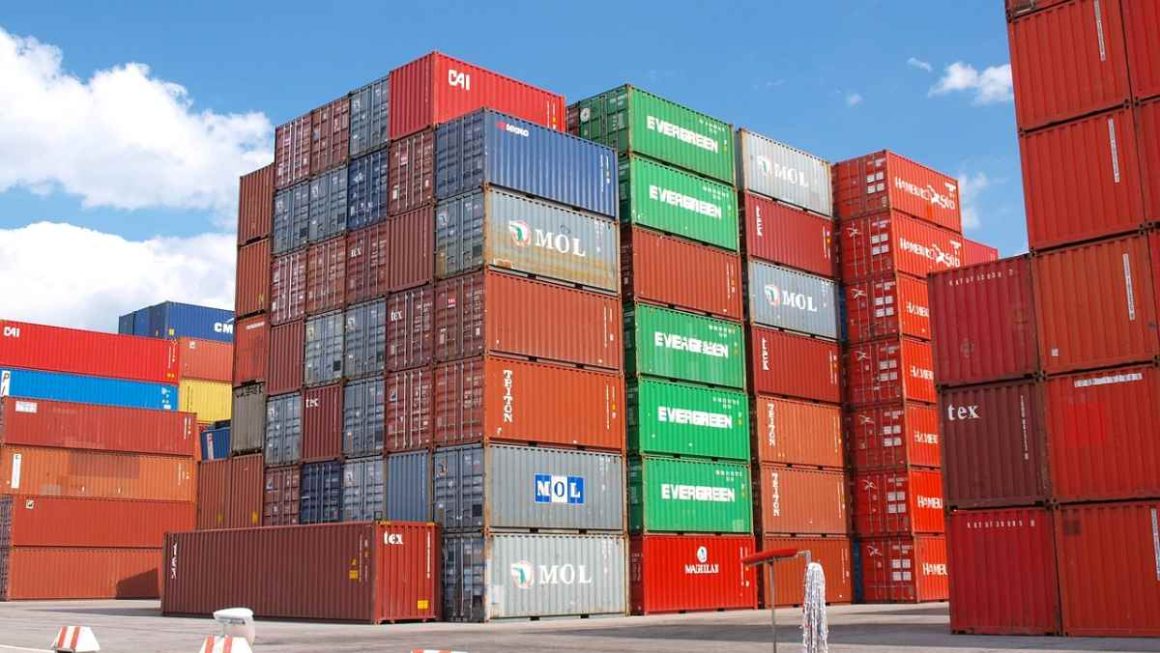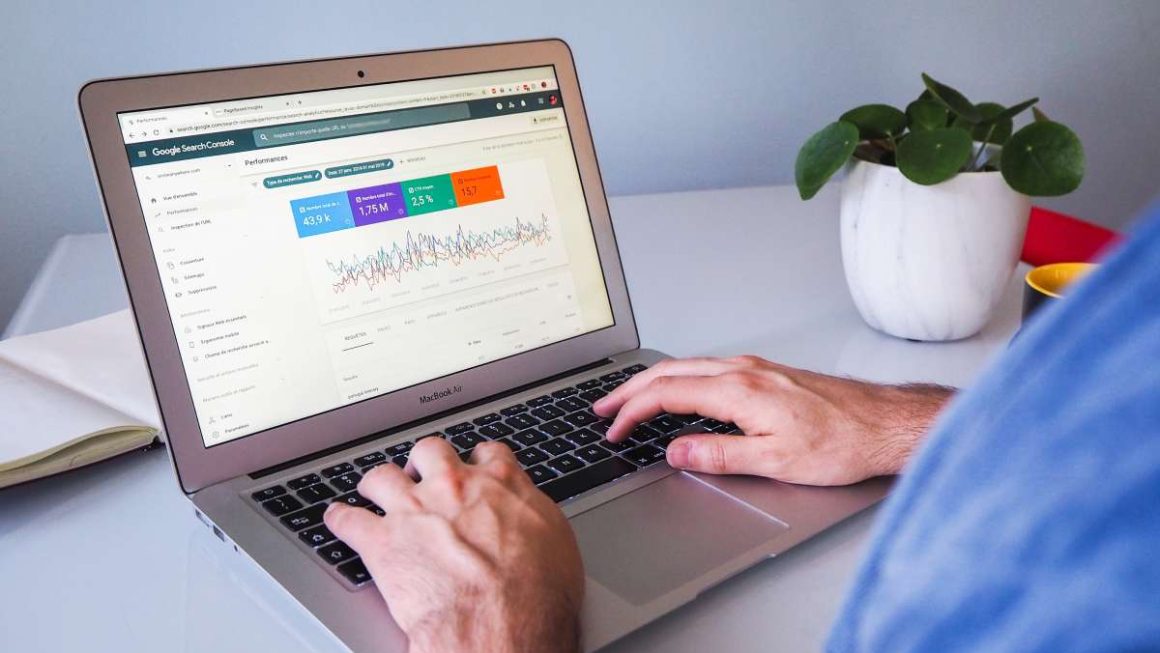Supplies, taxes, lease or mortgage, offerings reduced in size to 0.33 parties, employees, commissions of economic products, all are examples of what are known as constant costs. These are expenses that stay virtually stable. When they vary, they do no longer rely on the extent of exercise the enterprise has. Keeping constant fees beneath manage is key so that SMEs can warranty the profitability of their business.
There is a simple principle: if the advantages do no longer cowl the constant costs, the enterprise will have to seem to be for alternatives, both to decrease these fees or to expand its income. Having a technological device that approves automating, managing, and controlling the profits and fees of a company does now not imply that the employer need to exercise a linear administration model. In different words, now not all fees are managed in an identical way. In fact, the extra know-how one has about the special kinds of expenses incurred via the enterprise and the higher the price manipulate machine that has been put in place, the greater probable the organization is to make a profit.
In this sense, understanding the charges -fixed and variable- of a commercial enterprise is indispensable to manipulate its solvency and facilitate decision-making processes. That is why it is critical to have the science that allows getting entry to applicable economic information. But, in addition, it is vital that these statistics are easy and comprehensible in a way that offers a fundamental understanding to act accordingly.
In addition to having terrific technology, SMEs have to turn out to be conscious of the significance of the economic characteristic and price factors associated with fee administration and control. And, they need to do so, from the planning of their resources, setting up budgets that are sensible and that take into account no longer solely the facts of every region however the interrelation of data.
In different words, SMEs need to use monetary and accounting options that permit them to distinction the influence of some movements on others or, in different words, the penalties that a business decision, for example, can also have on the economic method of the business. To do this, they should facilitate the updating of facts in real-time, so that all adjustments are seen from the second they occur.
Tight finance allows, on the one hand, to expect feasible disaster situations, to stop the organization from walking out of liquidity, for example. And, on the other, make greater rational monitoring of constant costs, which affords an extra practical view of the commercial enterprise and allows the implementation of corrective measures that warranty the viability of the corporation or measures to take gain of new commercial enterprise opportunities.
On the different hand, the finest way to limit constant fees is through environment-friendly and rational management. Decisions that have to do with the renegotiation of money owed or prerequisites signed with suppliers and/or customers. The objective: to achieve extra effective conditions. However, to begin this negotiation method it is quintessential to have the essential information. An economic ERP presents excellent data, really and in real-time, additionally supplying a large battery of reviews on which to assist the argumentation in the negotiation.
Also Read: Three Recommendations To Address The Digital Divide In SMEs




